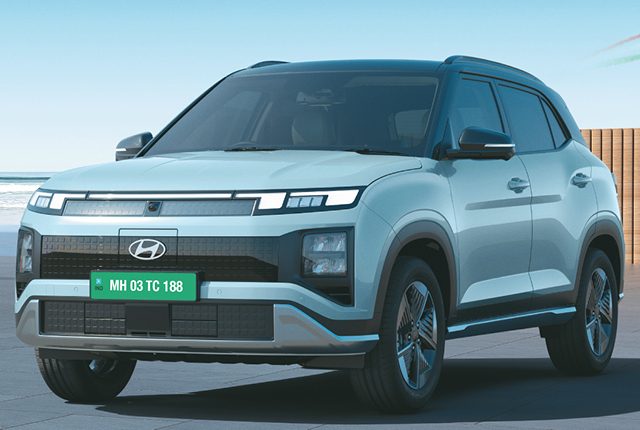
With the Hyundai Creta Electric, the Korean carmakers are finally entering the highly competitive mid-size e-SUV segment.
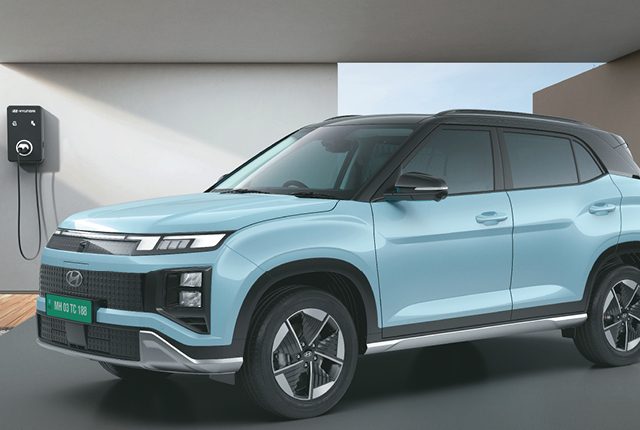
The mid-size e-SUV segment is one the most popular EV segments in the country and contributes bulk of EV sales. So, Hyundai’s newest EV in India is squarely targeting this segment with the Creta Electric. The Creta is one of the most popular mid-size SUVs in India while also being the best-selling car from Hyundai in our market, so it makes sense to utilise the branch cachet by introducing the Creta Electric to our market.

At a glance, the design of the Creta Electric seems heavily inspired by the IONIQ5, with a pixelated graphic front-grille, a pixelated graphic lower bumper and a pixelated graphic rear bumper. The pixelated graphic carries onto the reversing light and the front bumper has the charging port integrated into it. The rest of the Creta Electric design is very similar to the Creta ICE, with the same LED headlights, DRLs and tail-lights as before.

The Creta Electric is equipped with Active Air Flaps (AAF); integrated into the front bumper to help manage airflow and cooling. The Creta Electric also gets 17-inch “Aero” alloy wheels with low rolling-resistance tyres.
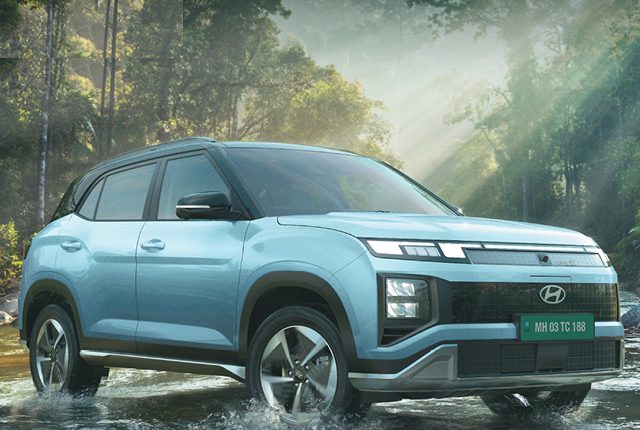
As for the details under the skin, there will be two set-ups available for the Creta Electric—standard and Long Range, with 42-kWh and 51.4-kWh battery packs respectively. The claimed range is 390 km for the standard model and 473 km for the Long Range. The Long Range Creta Electric can accelerate from 0 to 100 km/h in just 7.9 seconds. Charging times are also pretty quick, with the standard Creta Electric claimed to manage a 10 to 80 per cent state of charge (SOC)in just 58 minutes via DC fast-charging (wattage unknown, Hyundai’s internal testing results) and taking just four hours for a 10 to 100 per cent SOC via the 11-kW wall box charger.
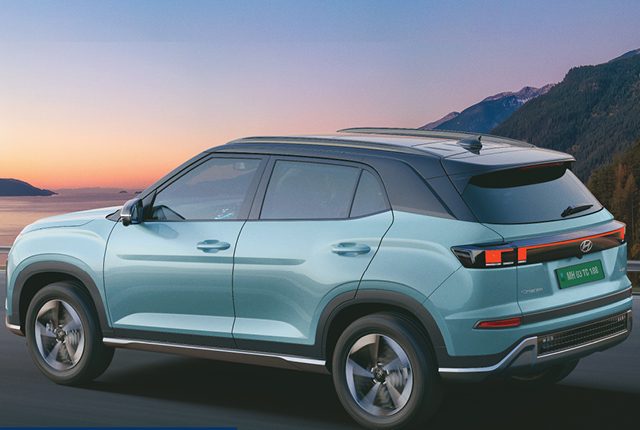
In terms of features, the Creta Electric offers some big ones from the IONIQ5 such as Vehicle to Load (V2L), which can power other devices; Hyundai i-Pedal, their term for single-pedal driving where acceleration, deceleration and a complete stop can be executed by the accelerator pedal only. The Creta Electric also gets an ergonomically placed Shift-by-wire System and a Digital Key. Expect much of the premium creature comforts to remain similar to the ICE version apart from a few potential additions to further differentiate it. Retaining the 2,610-mm wheelbase means that it will also be spacious, with a 22-litre frunk, a similar 433-litre boot, as well as convenient storage spaces within the cabin.
As long as Hyundai manage to price the Creta Electric competitively, they should have a winner on their hands. In terms of potential rivals, the electric SUV could go up against the MG ZS EV, the Mahindra BE 6 as well as Maruti Suzuki’s upcoming electric SUV, the e Vitara.





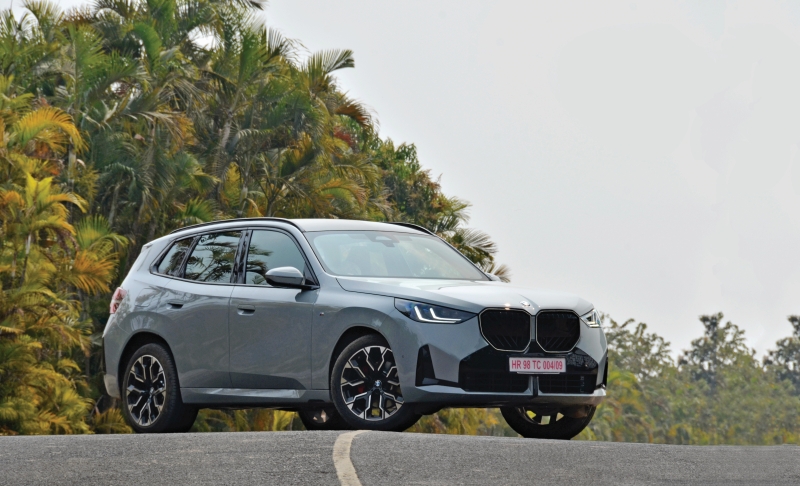



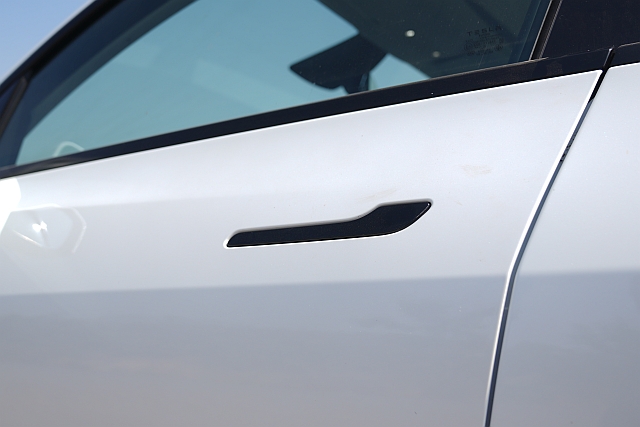
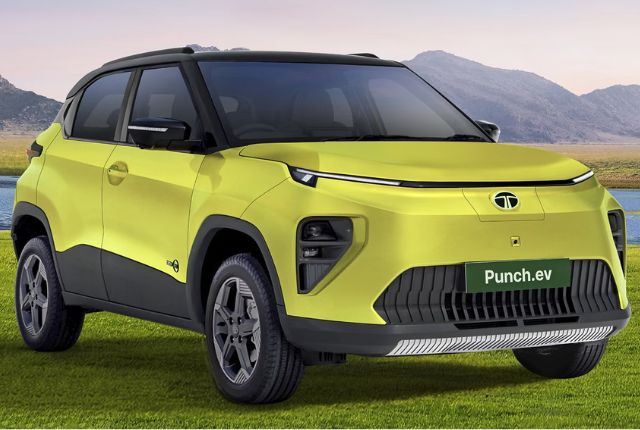
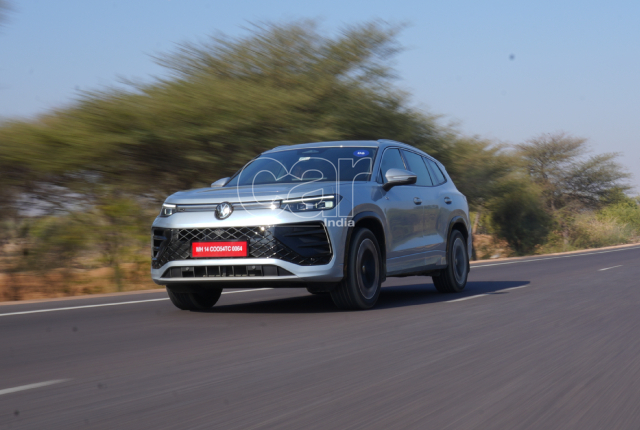

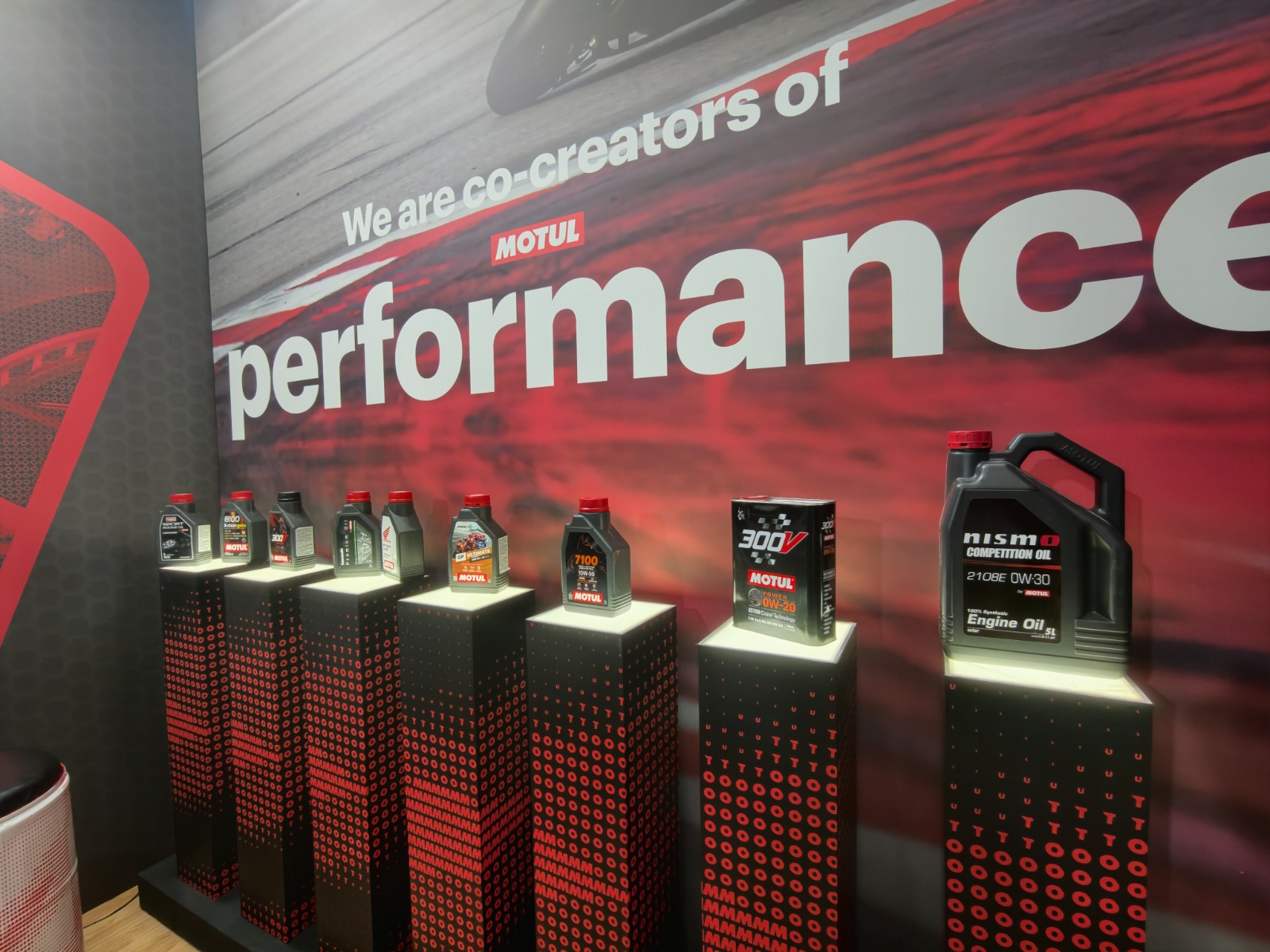
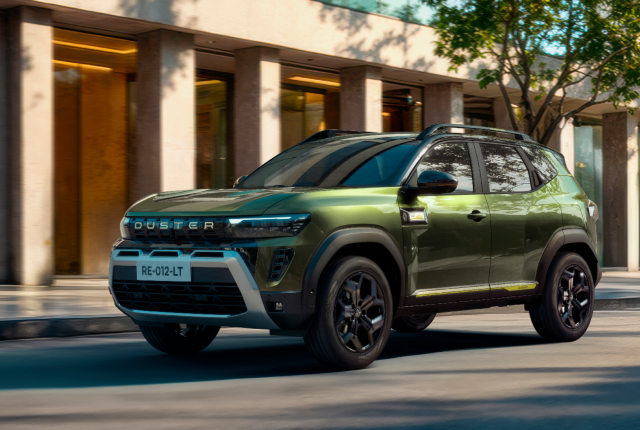

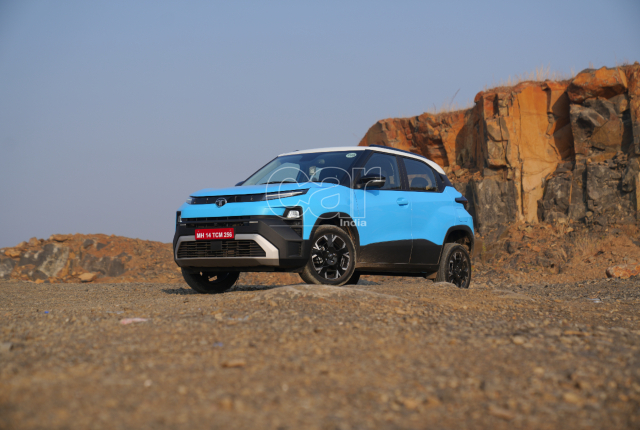
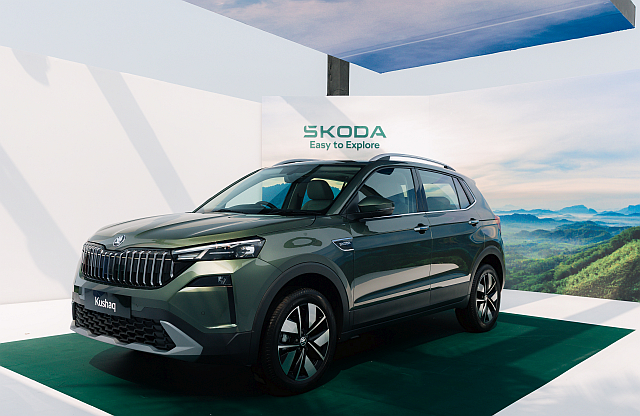
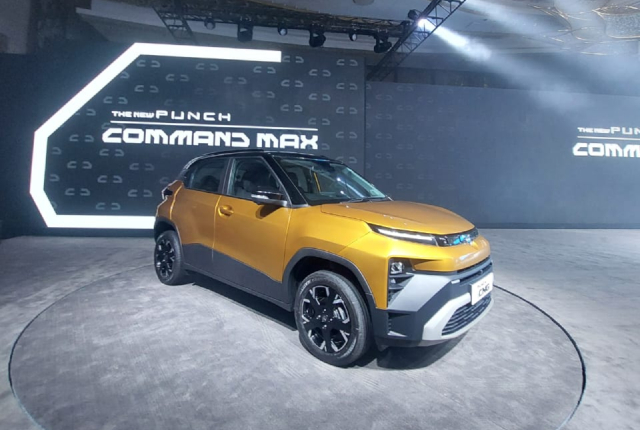
Leave a Reply